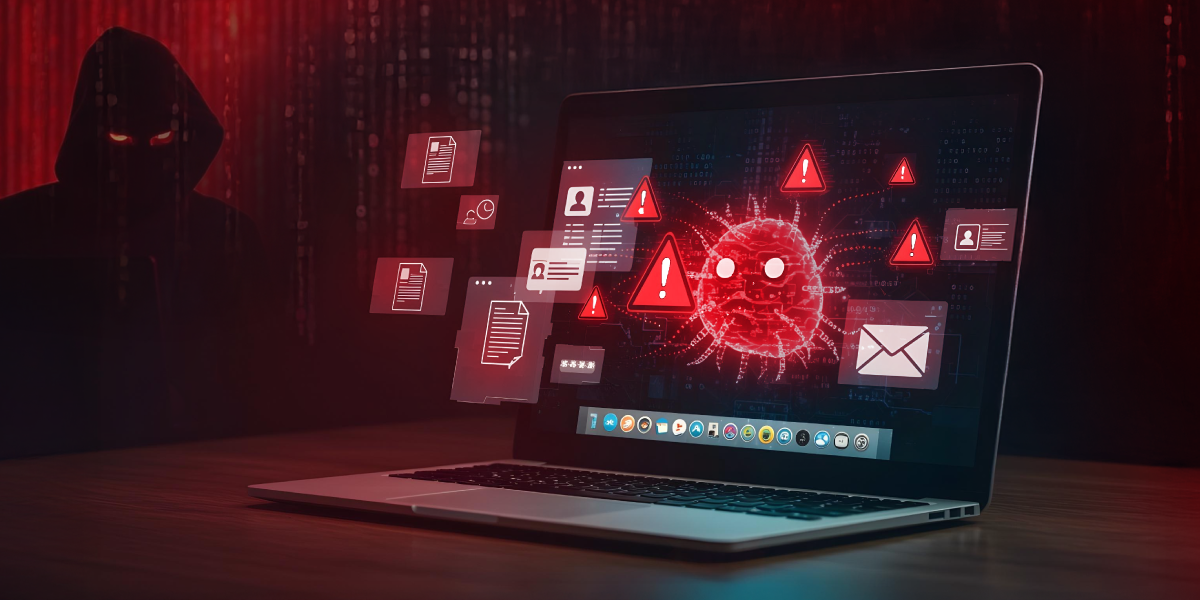Hacking, computer viruses and hi-tech criminals have provided Hollywood with plenty of inspiration over the years. Whether it’s a big-budget delve into the world of sci-fi or simply a comedic take on modern like, as computers have become a bigger part of our daily lives, they’ve also grown in the attention of movie directors.
Expect plenty of spoilers as we, in no particular order, run through our top five films in which firewalls and antivirus software we definitely not on the props list.
Tron (1982)
Hailed as one of the great innovators for computer generated imagery in film, Tron tells the story of Kevin Flynn, a talented computer programmer and budding game developer who created games in his spare time.
His ideas however, were stolen by co-worker Ed Dillinger and whilst Dillinger earned a series of promotions off the back of them, Flynn was left to work in a video arcade surrounded by the games that he himself had created. In an attempt to find evidence of Dillinger’s actions, Flynn tries to hack into the company system but is knocked back by the MCP (Master Computer Program).
It emerges that the MCP is appropriating all other computer programs in order to become the controlling system in the world.
Flynn is warned that his hacking attempts have been noticed by a former co-worker Alan Bradley but the determined hacker merely adopts a different approach. To regain access to the computer Flynn again sneaks into the system, this time through another security group, but gets himself digitized. Stuck inside the system, he pretends himself to be a program and manages to help another program, Tron, free the machine from the control of the MCP.
After the MCP is destroyed, Tron prints the evidence that Flynn needs to prove Dillinger’s wrong-doing.
Hackers (1995)
The name more-or-less gives it away with this one. Rafael Moreu’s screenplay take’s inspiration from cyber-criminal subcultures, with many elements and names used in the film taking inspiration from real-life hacking examples.
In the film, a youngster from Seattle, Dade “Zero Cool” Murphy, is arrested and charged with crashing 1,507 computer systems in one day and causing a single-day 7-point drop in the New York Stock Exchange. That results in the eleven-year-old being banned from using a computer until his 18th birthday.
Soon after he turns 18, Dade is back into the hacking community, duping a local television station and altering their schedules. After enrolling at high school in New York, Dade joins up with a group of misfits and rich kids who share his passion for hacking into computer systems, purely on the grounds of fun.
The story turns when one of the group, as part of a plan to prove himself to the others, hacks into the supercomputer of a major oil company, stealing what turns out to be a major virus and inadvertently uncovering Eugene “The Plague” Belford (the name Eugene is thought to have been inspired by controversial computer security expert Eugene Spafford); a corporate hacker disguised as a security officer intent on causing ecological disaster.
Office Space (1999)
Whilst not a major hit at the box office, the film Office Space quickly became a cult classic when it hit video shops and, many argue, became the inspiration for the UK and US television sit-com ‘The Office’.
Fed up with their jobs, inane procedures and bullying management, Y2K bug programmers Peter Gibbons, Samir Nagheenanajar and Michael Bolton fear for the worst when a team of consultants are called in to make the their company Initech more efficient. It is only through a stroke of luck in a hypnotherapy session that Peter manages to impress the consultants enough to keep his job. Michael and Samir on the other hand, aren’t as fortunate.
To get back at the company, Michael creates a computer virus that, when installed into the company’s banking software, will divert fractions of pennies, left over from some of the millions of financial transactions that their software handles, into a bank account they control. The idea being that the amounts diverted into their account each day would be so small that they would be untraceable by the company’s management.
The problems emerge when Peter checks the bank balance just a day later and it emerges that a misplaced decimal point leads to more $300,000 being diverted in less than 24 hours.
Peter decided to return the money, secretly placing $300,000 worth of traveller’s cheques under the office door of company vice president Bill Lumberg. Expecting to be arrested the following morning, Peter is saved by Milton, the meek, mumbling collator who, after years of bullying from management and the loss of his treasured red Swingline stapler, finally snaps and sets fire to the office building – after running away with the $300,000 found in Lumberg’s office.
Swordfish (2001)
Whilst getting a largely negative critical reception, Swordfish’s all-star cast and huge press profile ensured that the title secured $147m in box office receipts.
Stanley Jobson was regarded as one of the best hackers in the business – that was before he was jailed for infecting the FBI’s Carnivore program with a malicious virus that put back the software’s deployment by several years. Jobson is released after two years but as a condition his release, he is forbidden from touching a computer.
Whilst back at home in rural Texas a woman named Ginger Knowles shows up to solicit his hacking skills for her boss Gabriel Shear. Ginger offers Stanley $100,000 to meet up with Gabriel in a Los Angeles nightclub where Gabriel then forces him at gunpoint to hack into a government system within just 60 seconds. Stanley succeeds, much to the surprise of Gabriel, and is hired to take on a much bigger task – write a worm that will steal $9.5bn from the Federal Reserve.
Goldeneye (1995)
No Bond film has really had a computer virus as its main theme – that’s nowhere near as glamorous as a Monte Carlo Casino or the Monsoon Palace, but Goldeneye goes close.
Boris Ivanovich Grishenko is the Bond comedy villain in this piece; a talented hacker who has infiltrated, amongst other things, the US State Department of Justice. His confidence and constant claims of being “invincible” do little to help him win over his co-workers and it’s difficult to take him seriously.
Boris’ target becomes the GoldenEye weapons satellite but, as is the case with many Bond characters, he meets a typically comedic and ironic end.
While attempting to crack the access codes for the GoldenEye satellite, Boris inadvertently activates a grenade disguised as a pen. That leads to an explosion in the control room and results in huge vats of liquid nitrogen emptying onto Boris, killing him while victoriously grinning.
Do you agree or disagree with our list? Add your suggestions below.





